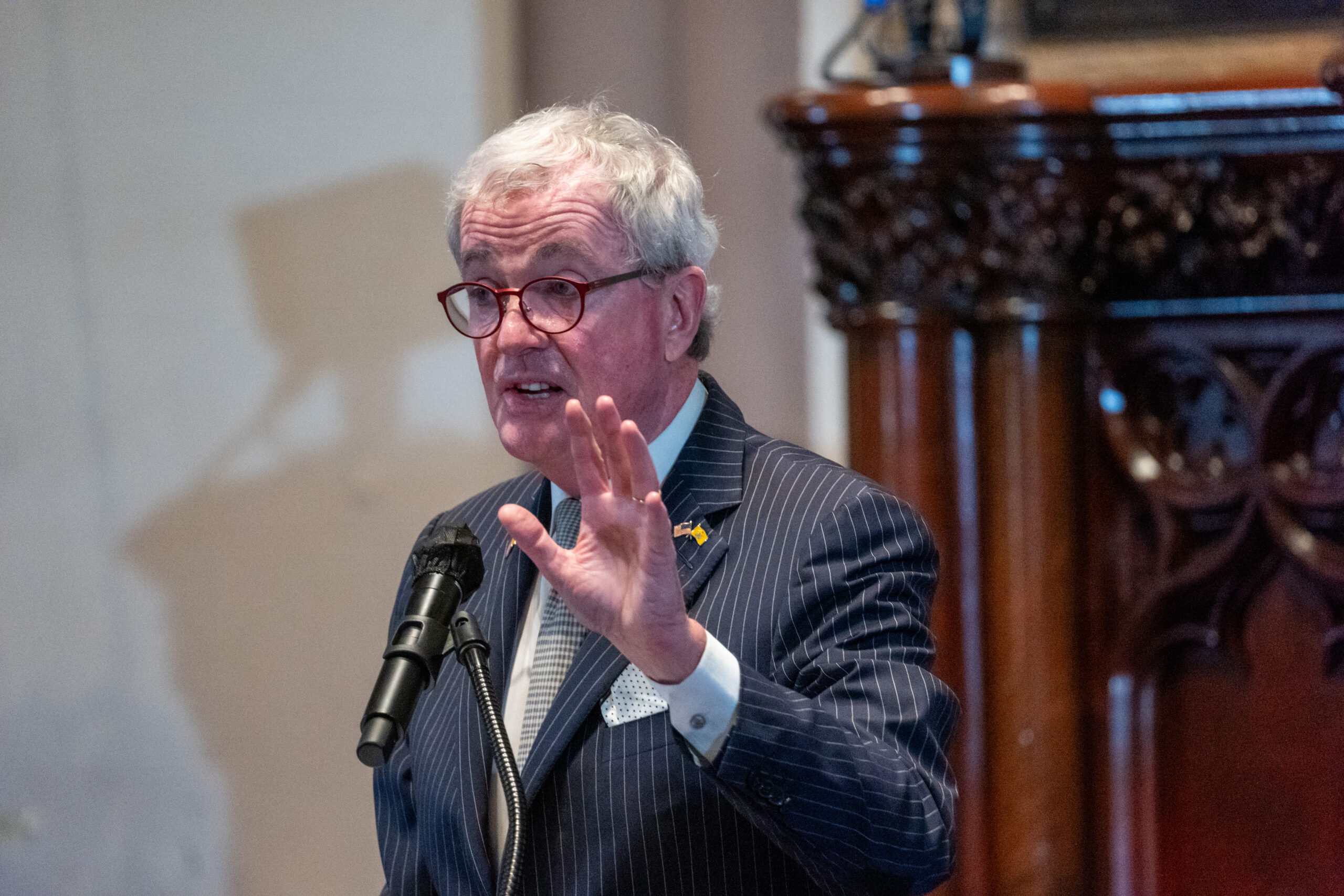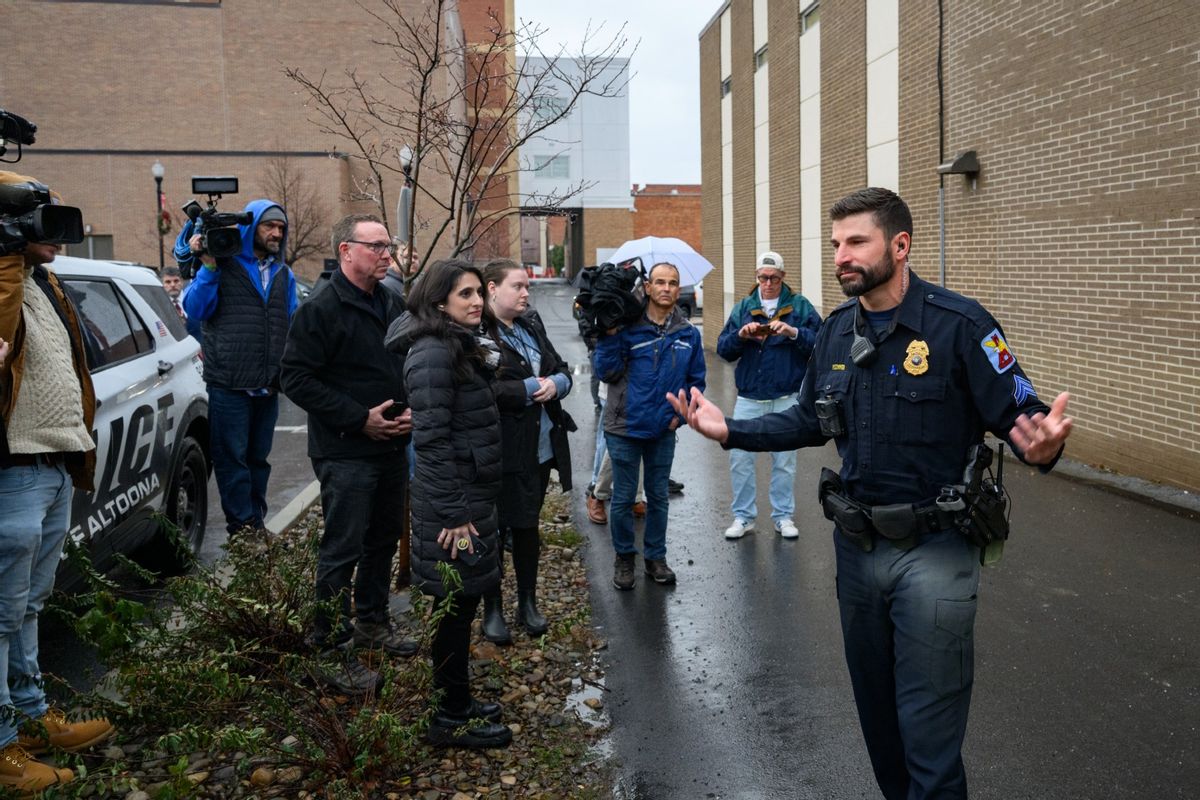Mason Bogard was 15 when he told his parents he loved them and went upstairs to take a shower and head to bed. Less than an hour later, they found him dead on the floor of his bedroom, a belt around his neck.
Mason had attempted the viral Tik Tok “choking challenge” where kids choke themselves on video and then pass out. Many are dying instead.
An investigation found that Mason had never searched for the choking challenge online. Instead, as his mother told me at an event for “survivor parents” – parents who are survivors of children lost to various social media horrors – “the algorithm still found him.”
“Mason was a healthy, well-balanced kid,” she said. “But parents cannot do this alone.”
Congress has an opportunity to fix this with the Kids Online Safety Act (KOSA), which sailed through the Senate 91-3, but time is almost out. If the bill does not pass the House of Representatives next week, it will die. Attempts to revive it in the new Congress will have to contend with every industry in America pursuing their legislative agenda in the first Republican-aligned Congress and White House in almost 10 years.
KOSA would be the first piece of legislation to regulate the internet since 1998. As the father of one boy who committed suicide less than an hour after being a victim of sextortion, South Carolina state representative Brandon Guffy, said, “In 1998, it took me an hour to download a song from the internet. That’s how much things have changed.”
In short, passing KOSA would mean no more legal protections for the targeting of boys like Mason with things like “choking challenges.”
And then there are of course the usual “free speech” extremists that can’t bear even the slightest regulation on speech, even when children are literally choking themselves. To them, free speech is an infallible deity upon which we must sacrifice the health, wellbeing, and even lives of our children online.
They incorrectly assert that the bill would censor constitutionally protected speech and empower bureaucrats to prosecute innocent Americans. Instead, the bill would simply require technology companies to enact basic rules of play on their platforms that, as state representative Guffy said, “are less invasive than anything we require for television or radio.”
As another survivor mom put it, “If it’s good enough for Senator Ted Cruz, a conservative constitutional lawyer, it’s good enough for me.”
Mason Bogard’s mom is right: parents can’t do this alone. None of our five children has personal devices, all of our streaming platforms are password protected, and we even hired a professional to ensure our kids could not access dangerous or inappropriate content at home. And yet one day my daughter came home from her parochial school in fourth grade and showed me a slideshow she was building. I asked her where the photos came from.
“I just searched for them,” she replied. Stunned, I typed the letter “k” into the software search bar, which surreptitiously links directly to Google. “Kim Kardashian sex tape,” was the first thing that auto-populated, because it was the trending topic of the day.
The only thing that is overbroad is Big Tech’s ability to exploit our kids with total impunity. The only way to get this issue right, Speaker Johnson, is to step up and protect America’s children and pass this bill right now, while we can.





















Discussion about this post